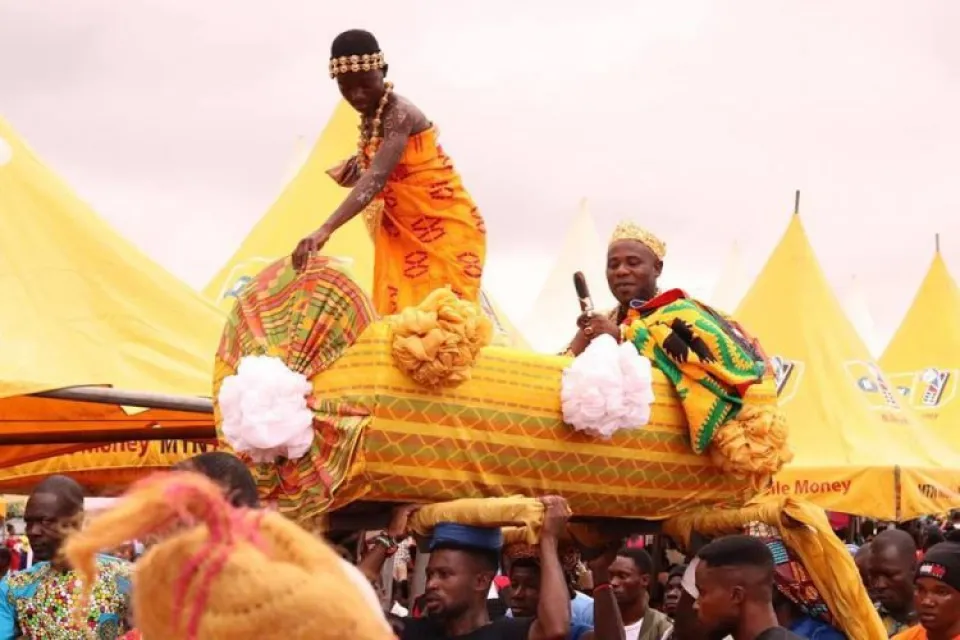The Ahanta and Nzema of Western region celebrate the Kundum festival, a colorful and important cultural event. One of the biggest events in the area, it is highly revered in the locals’ social and religious calendars.
Depending on the town and its unique traditions, the Kundum festival is observed every year, usually between August and November. In addition to a number of rites, ceremonies, dances, musical performances, and other celebratory events, the festival lasts for several weeks.
Both historical and religious roots can be found in the festival. According to historical accounts, it got its start when the Ahanta people started using the forest as a place to hide during battles. “Kundum” is a phrase used to describe hiding or finding shelter. The event has changed over time to include both religious and cultural components.
Maize and other crops are sown in the fields before to the celebration. This action represents the start of the growing season and the desire for a plentiful harvest. The event picks up steam as the crops expand and ends in a lavish party.
Kundum is a time when the community gathers to thank the gods and ancestral spirits for their protection, well-being, wealth, and fertility. Traditional priests and priestesses are important in overseeing religious rituals and calling forth benefits for the populace.
The vibrant and animated traditional dances are one of the Kundum festival’s attractions. Participants don colorful, ornate costumes with intricate patterns, feathers, and beads. The rhythmic music, singing, and drum beats accompany the dances. Each dance has a special meaning, conveys a narrative or highlights facets of the history and culture of the town.

The exhibition of traditional arts and crafts is another noteworthy feature of Kundum. Complex carvings, sculptures, pottery, and textiles made by local artists serve as examples of their talent. These handcrafted objects are available for tourists to see and buy as souvenirs.
The Kundum festival is a time for communal values to be reaffirmed and for people to come together. The community can welcome and interact with visitors from other areas or nations, and it gives the younger generation a way to learn about their cultural heritage and traditions.
Overall, the Kundum festival is a joyful and colorful celebration that showcases the rich cultural heritage, beliefs, and customs of the Ahanta and Nzema people. It is a time of reflection, gratitude, and communal celebration, leaving participants with a profound appreciation for the traditions that have been passed down through generations.



